Top 26 social media management tools—why you need them

Social media management tools keep companies active on Facebook, Twitter, and Instagram even if no one’s handling their accounts 24/7. In the simplest of terms, social media tools help brands create awareness with little of hassle.
Everyone—even businesses—has a social media presence these days. It’s almost inevitable in the digital era.
Top 26 social media management tools
- Hootsuite
- Buffer
- TweetDeck
- Social Pilot
- Statusbrew
- ContentCal
- HubSpot
- SEMrush
- Sprout Social
- ContentStudio
- eClincher
- Sendible
- Crowdfire
- Social Hub
- Salesforce Social Studio
- Social Flow
- Zoho Social
- Loomly
- Sprinklr Social Cloud
- Later
- Agorapulse
- Iconosquare
- Spredfast
- Friends+Me
- SocialBee
- Post Planner
What do social media management tools do?
At its core, social media management tools allow you to schedule posts throughout the day. Posts can be scheduled ahead of time, ranging from days, weeks, and specific times throughout the day.
This way, your social media pages can stay active even when you’re away. Keep in mind that being active generates traffic and engagement from your followers.

Do companies need a social media manager?
Yes, companies and businesses—whether they’re a booming name or a startup—need to have a social media manager. This person can be an in-house employee, or outsourced from a trusted staffing provider like Boomering.
It can be someone from the inside or an outsourced role.
Having someone solely manage your social media presence will be a thousand times better than offloading the role to someone else who has a different responsibility.
Social media managers often work with the creative department to put out content that will drive engagement for the brand.
Why do businesses need social media management tools?
Businesses need to engage with their followers via their social media platforms. Social media tools allow them to create a meaningful relationship with their customers through their pages.
Without these tools, brands will have a hard time engaging with their customers and the public. Especially now that every customer bases their trust on a brand’s social media presence.
Top 26 social media management tools that you need to try
1. Hootsuite
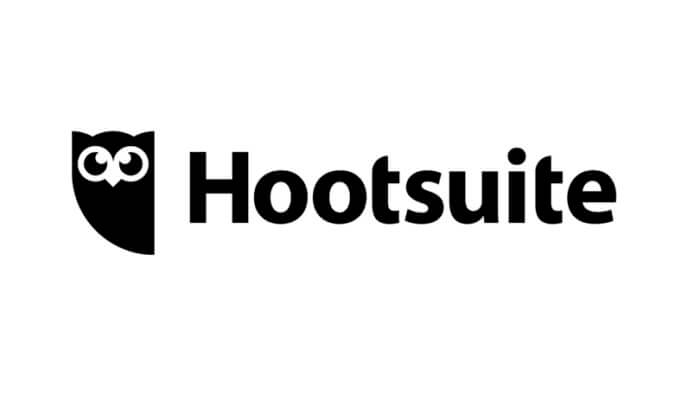
Status: Freemium (free plan, $29-$599 per month, and enterprise pricing)
Hootsuite is a popular social media management tool that allows its users to connect over 35 accounts to their platform. There’s no need to switch windows as Hootsuite has panels that allow you to switch over anytime you like.
2. Buffer
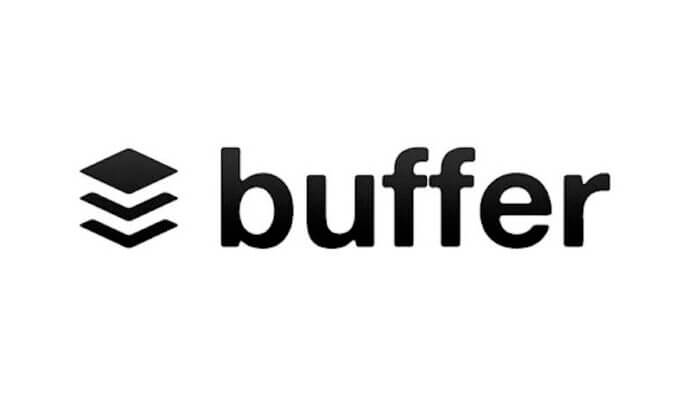
Status: Freemium (forever free plan, $15-$399 per month)
Buffer allows your company’s social media manager to see ROIs and other user metrics to monitor the social presence on a specific platform.
This way, the social media team can pinpoint which platform needs more content and engagement.
3. TweetDeck
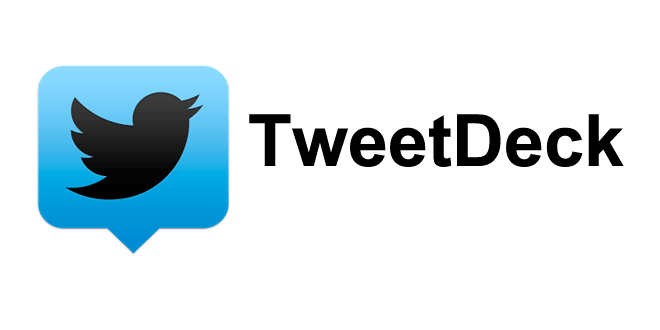
Status: Free
Provided by Twitter, TweetDeck is exclusive to anyone who has a Twitter account. Social platform managers can view timelines of multiple accounts.
TweetDeck also allows them to schedule tweets ahead of time—this way, a brand’s tweets can get the maximum engagement possible.
4. Social Pilot

Status: Freemium ($10-$80 per month and enterprise pricing, with free trial)
Social Pilot offers an intuitive dashboard that aggregates multiple accounts from different platforms. Perfect for account managers who handle multiple clients with multiple accounts.
This tool suggests content generated based on several industries such as tech, education, and health sectors.
5. Statusbrew
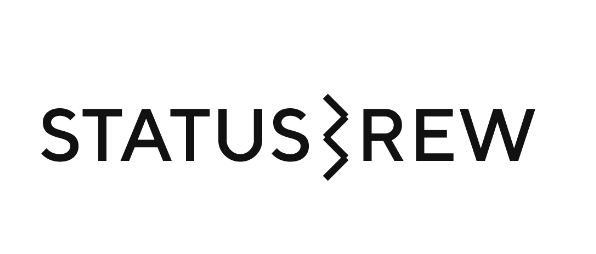
Status: Freemium (Starting from $69 per month with custom pricing for enterprises and a free trial)
Statusbrew is an ultimate social media management tool that offers you a comprehensive solution to manage multiple social accounts. It enables you to create and schedule posts, engage with your audience, and track your results in real-time.
Its instrumental features like spam filtration, sentiment analysis, and approval workflows, make it suitable for businesses of all sizes ranging from small to large corporations.
6. ContentCal
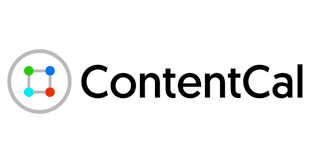
Status: Freemium ($17-$47, custom enterprise and premium prices, with free trial)
ContentCal’s personal plan that starts at $17 is perfect for freelance social account managers that handle one client at a time. This first-tier plan provides up to four connected accounts, presumably covering the basics: Facebook, Twitter, and Instagram.
7. HubSpot
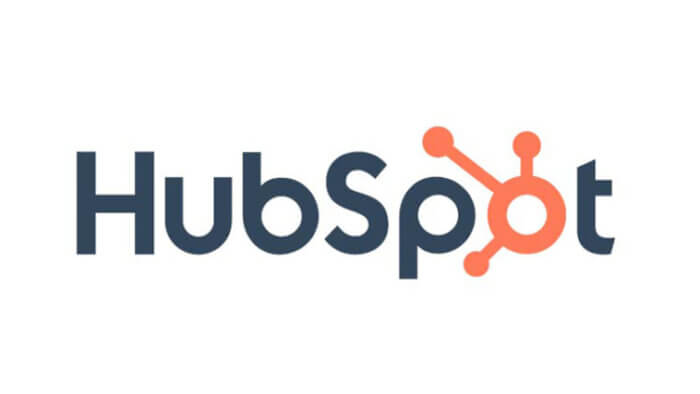
Status: Paid ($1,120 per month)
HubSpot is an all-in-one social media management and inbound marketing tool.
Most agencies and organizations use this tool to monitor their marketing funnels, social media presence, and engagement. With its powerful dashboard and tools, HubSpot remains to be one of the most popular social media handling apps.
8. SEMrush

Status: Freemium ($119.95 per month with free trial)
SEMRush is a search engine optimization tool, but it can also function as a social platform management tool with its versatility.
The tool allows you to post on multiple pages such as Facebook, Twitter, Instagram, LinkedIn, and more. It’s perfect for social media managers who work in an agency that handles multiple clients across different platforms.
9. Sprout Social
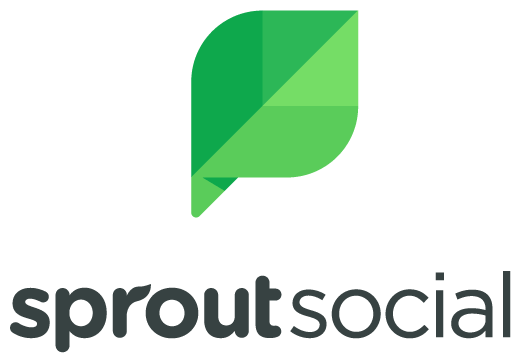
Status: Freemium ($99-$249 per user per month, with 30-day free trial)
From social app post scheduling to monitoring and reporting, Sprout Social has it all.
It’s one platform that provides customer relationship management (CRM) tools on top of its services. Most of its users think that these two put up together nicely, making their campaigns more effective than ever.
10. ContentStudio

Status: Starting from $25/Month with 14-day free trial
Introducing ContentStudio, the ultimate professional companion for social media excellence. It offers a comprehensive suite of features that help businesses create, publish, and manage their social media content effectively.
ContentStudio’s AI assists in content creation by suggesting relevant hashtags, captions, and even post timings based on historical data and audience behavior.
The platform’s collaboration, automated content posting, and competitor analysis features also benefit businesses.
With all these features, ContentStudio is a powerful tool that can help businesses optimize their social media strategy and drive better results.
11. eClincher
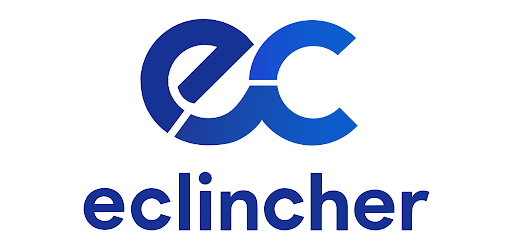
Status: Freemium ($49-$199 per month and enterprise pricing with free trial)
eClincher provides all the necessities for social media management and this tool allows you to smart queue your posts and RSS feed.
It also allows you to respond to messages and inquiries coming from your social app platforms.
12. Sendible
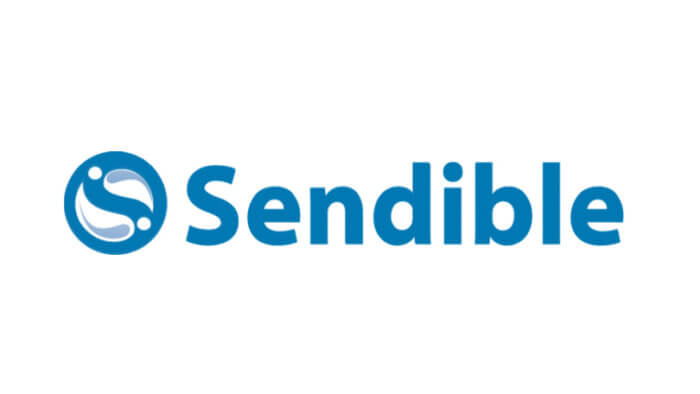
Status: Freemium ($29-$299 per month and enterprise pricing with free trial)
Sendible is perfect for agencies and freelance social media managers who handle multiple clients. This tool allows you to cater to a brand’s certain style.
This way, managers and brands get to engage with their customers while reserving their style and aesthetics.
13. Crowdfire
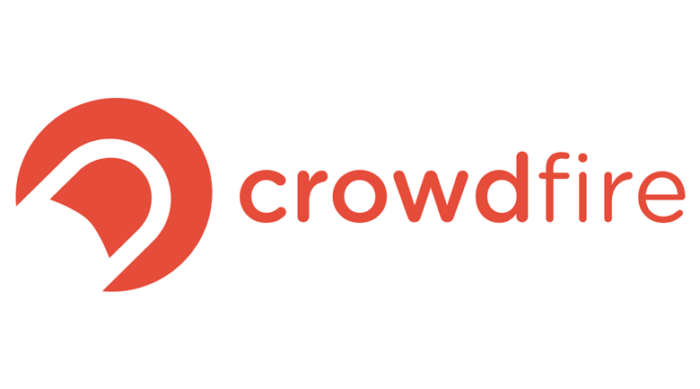
Status: Free
Crowdfire is a free social media management app that holds nothing back. The tool lets you manage your Twitter account, your blog pages, and even your YouTube channel.
With this integration, it’s perfect for small businesses that are building up their audience across different platforms.
14. Social Hub
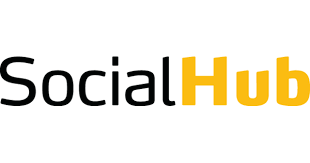
Status: Freemium ($15-$180 per month and customizable enterprise plan with free trial)
Social Hub is another social media management tool that solo-flying managers can get. With the starting price of $15, this tool provides a user up to 5 slots for different platforms.
15. Salesforce Social Studio
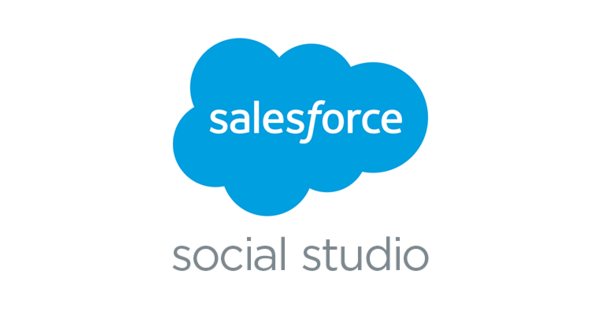
Status: Paid ($1,000-$40,000 per month)
One of the most powerful tools in this list is Salesforce Social Studio.
Industry experts know Salesforce is one comprehensive platform for customer relationship management and more—so along with these, the company launched a social media management platform as well.
16. Social Flow
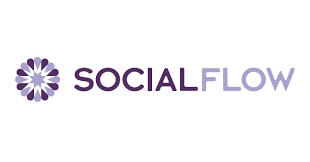
Status: Paid
Social Flow is well-known in the publishing industry as most companies use this tool to manage their social media pages and web posts. Their clients include The National Geographic, The New York Times, and Fast Company.
17. Zoho Social
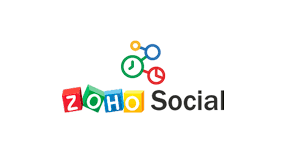
Status: Paid
Along with brands like Salesforce and HubSpot, Zoho is another popular multi-platform social media management tool. From monitoring certain keywords to scheduling content on a client’s calendar, Zoho Social has it all.
As an add-on, you may also integrate all of their extensions for additional support.
18. Loomly
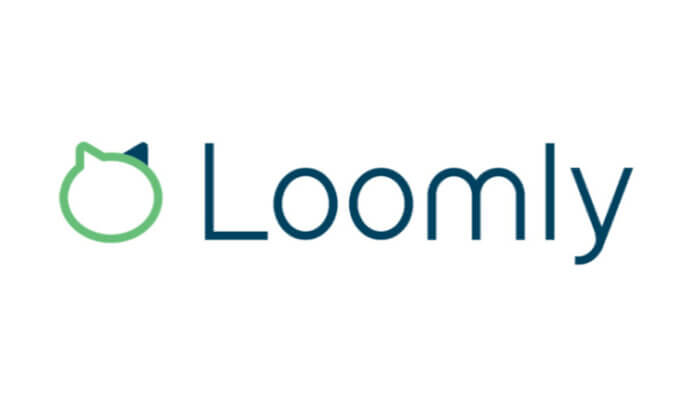
Status: Paid ($34-$332 per month)
Loomly caters to freelance social media managers and small entrepreneurs as their platform is not fully integrated just yet.
With the simplest form of social media management down, we can consider this tool as a basic stepping stone for a more comprehensive tool.
19. Sprinklr Social Cloud
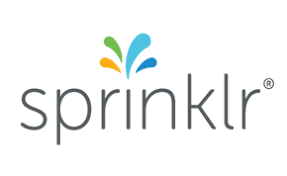
Status: Paid
Sprinklr Social Cloud is part of Sprinklr’s services. It’s a social media management app that allows managers to connect with clients across different platforms.
This tool allows up to 25 different social media accounts to connect—perfect for agencies and companies.
20. Later
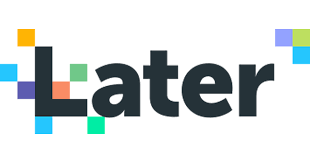
Status: Free
Later is a small social media management app that caters to solo managers or even influencers. It allows you to schedule visual-only posts across Instagram, Facebook, Twitter, and Pinterest.
This is perfect for someone who extensively uses Instagram to build their brand.
21. Agorapulse

Status: Paid ($79-$399 per month)
Agorapulse has all the basics down of post scheduling plus some more. This tool provides competitor analysis and allows you to boost Facebook posts to maximize audience reach.
22. Iconosquare

Status: Paid
A perfect social media tool for Instagram influencers and social media managers who primarily use the famous platform.
With its in-depth exploration of Instagram (amongst other platforms) and its ability to schedule content (and preview it), there’s no doubt that users love it.
23. Spredfast
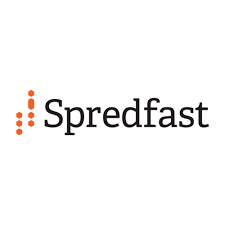
Status: Paid
Spredfast caters to enterprises that want to monitor their social presence across different platforms. With real-time social data, this tool allows social media managers to curate content that will ensure audience engagement.
24. Friends+Me

Status: Freemium ($9-$259 per month with free trial)
What makes Friend+Me unique is that it caters to Google+ profiles amongst other social media platforms, except for Instagram.
The tool has all the basics of social media management, it’s perfect for small businesses.
25. SocialBee
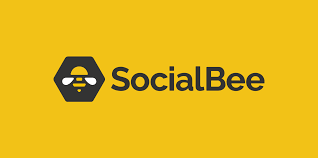
Status: Freemium ($19-$79 with free trial)
SocialBee provides the basics of social media management along with basic lead generation.
With its ability to “recycle” content over a period, managers don’t have to worry about not maximizing their posts’ reach to certain demographics.
26. Post Planner

Status: Paid ($3-$299 and enterprise pricing)
As the name suggests, Post Planner allows you to schedule a calendar’s worth of content. It suggests content that did well with the audience using historical data—very helpful with quarterly reports.
Free, freemium, and paid social media management apps: What do they mean?
To simplify these terms
Free
Free usually means that you don’t have to pay for anything to use the app. There is no commitment involved in utilizing these kinds of tools for your business.
This is especially perfect for:
- Self-owned businesses
- Startup companies
- Newly established brands
Freemium
Freemium is a portmanteau of the words “free” and “premium.” As the name suggests, freemium apps may or may not require you to pay in order to continue using their tools.
One con of using freemium apps is that the tools are only available for a certain amount of time (trial period) or it’s limited to only the “free” version until you pay.
This is especially perfect for:
- Businesses who are looking to migrate to other tools
- Name brands who are experimenting with different platforms
Paid
Paid social media management apps usually run on a subscription basis that may or may not be tiered. Enterprise versions of social media management platforms are one of the most powerful management tools that a business can get.
This is especially perfect for:
- Companies that handle multiple brands across different platforms
- Freelance social media managers that handle different clients







 Independent
Independent




